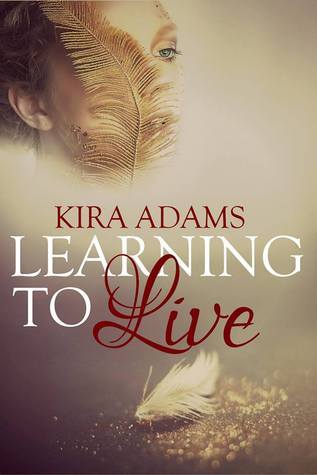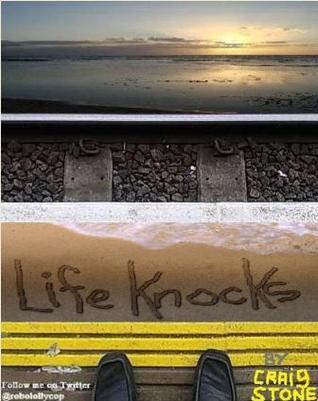
The Good Life
Book Description
What if a single decision could unravel the fabric of your perfect life? In "The Good Life," Jodie Beau plunges readers into a world where ambition collides with morality, weaving a tale of love, betrayal, and the quest for redemption. As secrets surface and alliances shift, the stakes rise for a cast of characters each grappling with their demons and desires. With tension crackling on every page, the line between right and wrong blurs, leading to an explosive climax that will leave hearts racing. When everything is on the line, what choices will you make to forge your own version of a good life?
Quick Book Summary
"The Good Life" by Jodie Beau is a witty and emotionally resonant contemporary romance that explores the thin line between contentment and chaos. The story follows a dynamic protagonist who seems to have it all—successful career, loving partner, and strong friendships—until a single impulsive choice sends shockwaves through her carefully constructed world. Beau deftly balances humor and heartbreak, exposing the vulnerabilities behind a picture-perfect life. As secrets unspool and loyalties are tested, the protagonist is forced to confront uncomfortable truths about herself and those she loves. The novel examines the cost of ambition, the complexities of forgiveness, and the courage needed for self-discovery. With relatable characters and sharp dialogue, "The Good Life" invites readers to question what it truly means to live well and whether redemption can be found after falling from grace.
Summary of Key Ideas
Table of Contents
The Consequences of Choices and Secrets
The narrative begins by introducing the protagonist’s seemingly ideal existence—a thriving professional life, solid friendships, and a loving romantic relationship that suggests she’s mastered the art of balance. Yet, beneath the surface, subtle cracks are detectable, hinting at unresolved insecurities and desires. The initial stability is jeopardized when she faces a pivotal decision, driven by ambition and curiosity. Her choice sets off a chain of events that reveal concealed truths, threatening to dismantle her carefully curated life.
Ambition versus Morality
As the repercussions mount, Beau explores the tension between personal ambition and moral responsibility. The protagonist’s drive for success often puts her values at odds, creating an internal conflict that intensifies with every secret that comes to light. Beau uses humor and candid introspection to convey the protagonist’s struggle as she grapples with guilt and tries to justify her actions, making her journey both relatable and thought-provoking for readers navigating similar dilemmas.
The Complexity of Relationships and Betrayal
Relationships in the novel take center stage as alliances shift and betrayals emerge. Friendships are tested, romantic bonds are strained, and trust becomes a fragile commodity. Each character is forced to reevaluate their priorities and confront uncomfortable realities about themselves and one another. Through sharp, emotionally charged dialogue and relatable scenarios, Beau illustrates how quickly trust can be eroded and how difficult it can be to rebuild it.
The Path to Forgiveness and Redemption
The story moves toward a cathartic exploration of forgiveness and redemption. Characters must decide whether to offer second chances, both to others and to themselves. The process is messy and non-linear; Beau avoids easy resolutions, instead presenting personal growth as a journey marked by setbacks and breakthroughs. The protagonist’s willingness to confront her flaws becomes central to her transformation, underscoring the importance of self-forgiveness as a step on the path to healing.
Defining Your Own Version of 'The Good Life'
In the end, "The Good Life" challenges conventional notions of happiness and fulfillment. Rather than reverting to her former version of perfection, the protagonist comes to redefine what a meaningful life entails. She learns to cherish authenticity and vulnerability over external appearances, and Beau leaves readers reflecting on their own definitions of success, contentment, and love. The novel is a reminder that true happiness often arises from embracing life’s messiness and forging one’s own unique path.
Download This Summary
Get a free PDF of this summary instantly — no email required.





